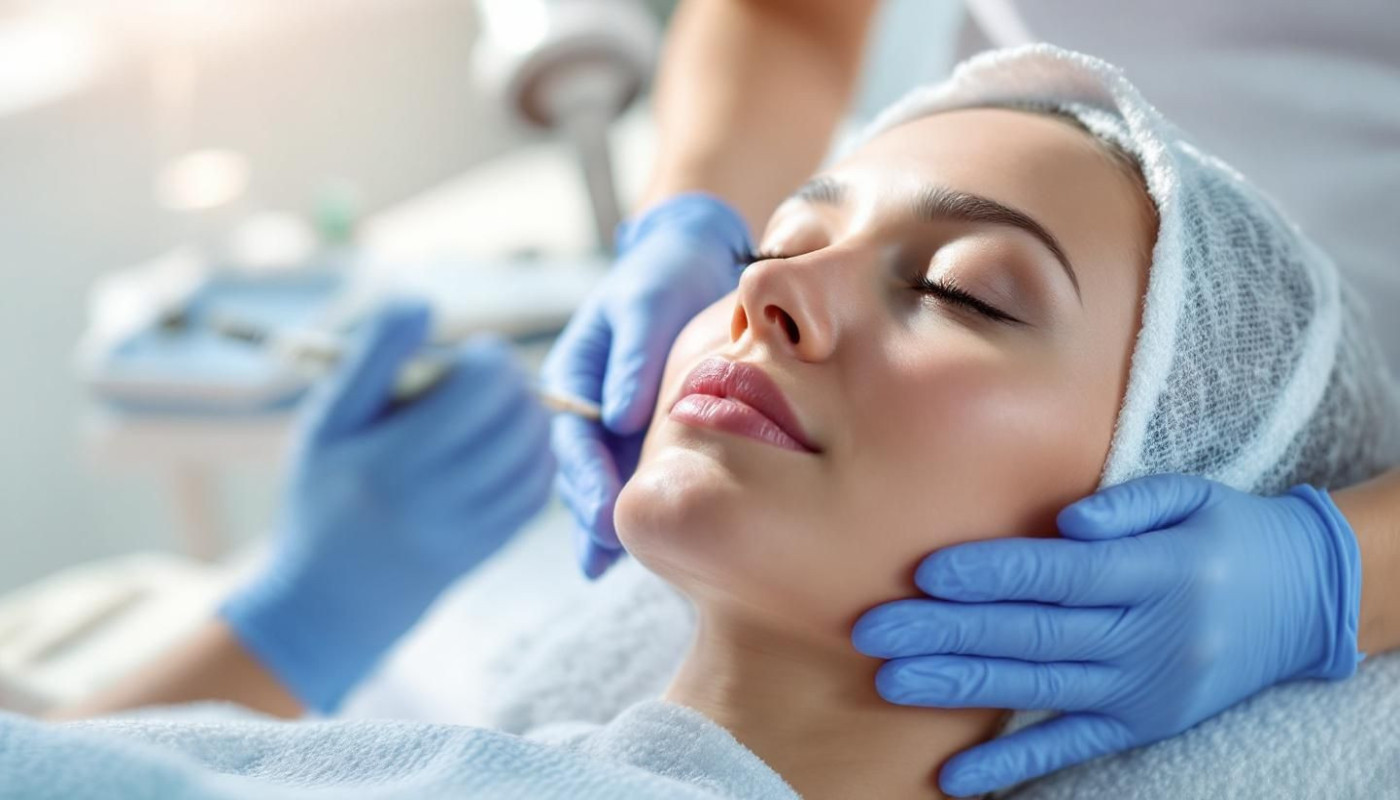Table of contents
The mysterious concept of intuition often seems to straddle the divide between the explainable and the ineffable. Within the realm of complementary health practices, intuition is not just a whisper from the subconscious but a guiding force that shapes the therapeutic journey. This exploration will delve into the nuanced role that intuition plays in holistic healing, beckoning readers to uncover how this inner compass can steer both practitioners and clients towards profound wellness outcomes.
Understanding Intuition in Complementary Health
In the realm of complementary health, intuition is often regarded as an innate and subtle form of knowledge that informs treatment approaches and healing practices. Unlike the data-driven methods of conventional medicine, complementary therapies frequently embrace the role of the practitioner's intuitive decision-making as a guide in the healing process. Intuition is harnessed as a powerful tool, allowing practitioners to attune to the nuanced needs of their clients and to the mind-body connection that is central to holistic wellness. Among the varied practices that value this intuitive aspect are modalities such as reiki, acupuncture, reflexology, and homeopathy. Within these disciplines, the practitioner's ability to sense and interpret the body's signals and the energetic field—often referred to as the "biofield" in energy healing—is viewed as vital to facilitating balance and wellness. Thus, an understanding of intuition is woven into the fabric of these practices, serving as a crucial bridge between the visible symptoms and the unseen energies that contribute to an individual's overall health.
The Interplay of Intuition and Evidence-Based Practice
In the landscape of complementary health practices, the use of intuition often coexists with evidence-based medicine. This can lead to a complex interplay where therapeutic intuition informs clinical decision-making alongside rigorous scientific research. Intuition, in this sense, may guide a practitioner to consider unique aspects of patient-centered care that are not immediately evident through empirical data. However, the reliance on intuition can sometimes be at odds with the principles of evidence-based medicine, which emphasize the necessity of proven, reproducible results. In integrative health approaches, a balance must be struck to ensure that patient care benefits from the insights of both allopathic and complementary medicine traditions. The potential for synergy exists when intuitive knowledge complements evidence-based methods, potentially leading to enhanced outcomes for patients. Acknowledging the value of intuition while also adhering to the rigor of scientific evidence is, in itself, a therapeutic art that requires discernment and experience.
It is paramount to remember that while this discussion may inform on the integration of intuition in health practices, this is not medical advice disclaimer. The insights provided here are for educational purposes and should not substitute for professional medical counsel.
Developing Intuitive Skills in Complementary Health
In the domain of complementary health, the honing of intuitive skills stands as a pivotal component that can significantly augment the efficacy of therapeutic techniques. For practitioners eager to refine their intuitive acumen, a multi-faceted approach to professional development is advised. Engaging in practitioner training programs that emphasize holistic education can offer a foundational framework for understanding the complex interplay between body, mind, and spirit. Such programs often incorporate the concept of somatic awareness, which is the ability to perceive and interpret bodily sensations and emotional states, a technical term that is paramount in the field of complementary health.
Professional development strategies that foster therapeutic presence—an attuned and mindful state of being with clients—can also be instrumental in cultivating intuition. This involves not only the intellectual acquisition of knowledge but also the embodiment of principles that underpin the healing arts. Exercises that encourage practitioners to connect deeply with their own somatic experiences can lead to greater sensitivity to clients' needs and a more intuitive grasp of the subtle cues that guide therapeutic interventions. Regular meditation, reflective practice, and engagement with a community of like-minded professionals can further bolster intuitive capabilities, creating a synergistic effect that enhances the overall quality of care provided.
Patients' Perspectives on Intuition
The patient experience is deeply personal and multifaceted; within the healthcare narrative, intuition often plays a pivotal role. Patients who seek out complementary health practices frequently place a high regard on the intuitive abilities of their practitioners. This trust in therapy that goes beyond the strictly analytical can significantly affect their overall satisfaction and perception of care. A practitioner's intuitive healing approach can offer comfort, foster a strong patient-practitioner relationship, and sometimes lead to improved health outcomes. Patients report feeling seen and understood when their healthcare providers incorporate intuition, suggesting that this approach resonates on a deeply human level. Such a therapeutic bond may enhance the efficacy of treatment, as patients feel more engaged and optimistic about their health journey. A healthcare researcher or patient advocate examining this dynamic would affirm that intuition in healthcare can be a vital component in supporting patients' wellbeing and trust in their chosen health modalities.
Intuition and Ethical Considerations in Complementary Health
In the realm of complementary health practices, the incorporation of intuition can raise challenging ethical questions. As practitioners blend intuitive insights with empirical knowledge, they often navigate a complex landscape of ethical practice and professional standards. Upholding the principle of beneficence, which centers on promoting the well-being and best interests of patients, is paramount. Practitioners must carefully balance their intuitive inclinations with the necessity of informed consent, ensuring that patients are fully aware of their options and the nature of the treatments they receive.
Respecting patient autonomy is a fundamental ethical consideration that requires health professionals to honor patients' rights to direct their own care. This necessitates clear communication and a departure from a purely intuition-based approach when it risks overriding the informed choices of those they serve. Moreover, therapeutic boundaries must be maintained to prevent the blurring of lines between professional guidance and personal insight, which could lead to overstepping the ethical responsibilities owed to a patient. The intersection of these components—ethical practice, professional standards, patient autonomy, informed consent, and therapeutic boundaries—constitutes the bedrock upon which trust and integrity in complementary health practices are built.
Similar articles






